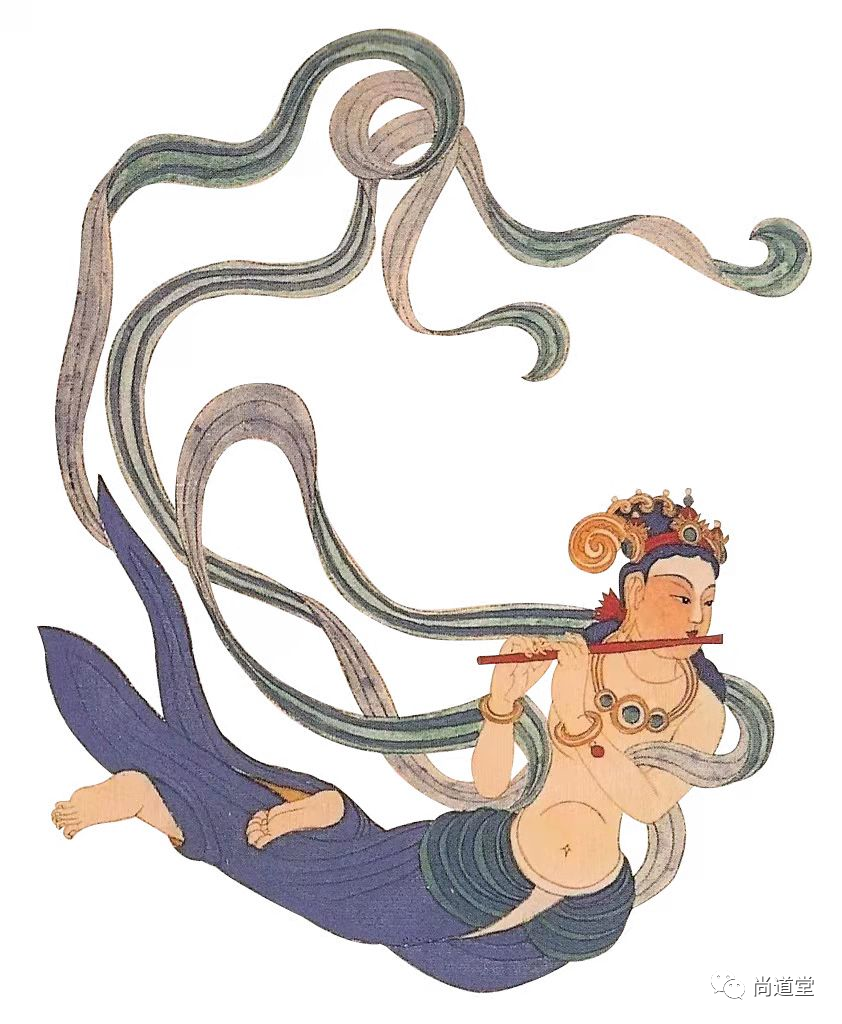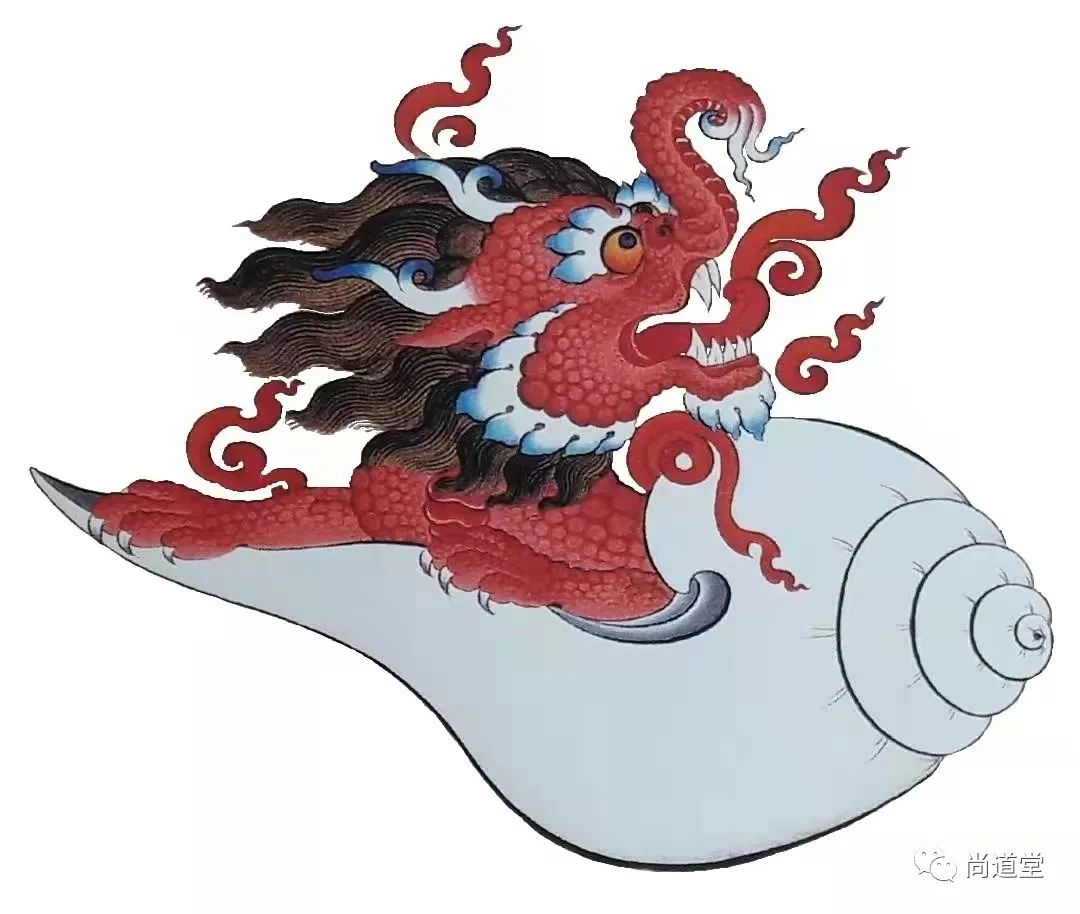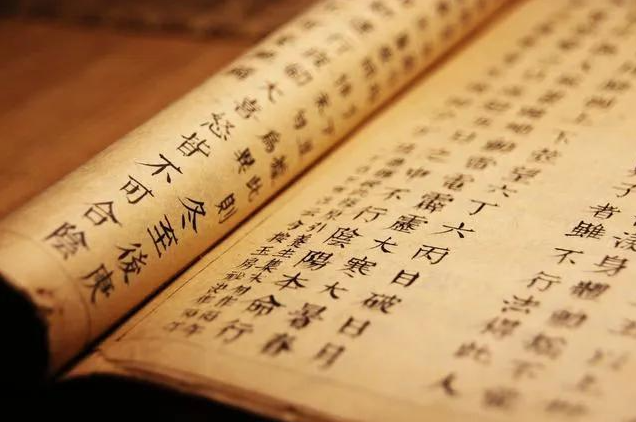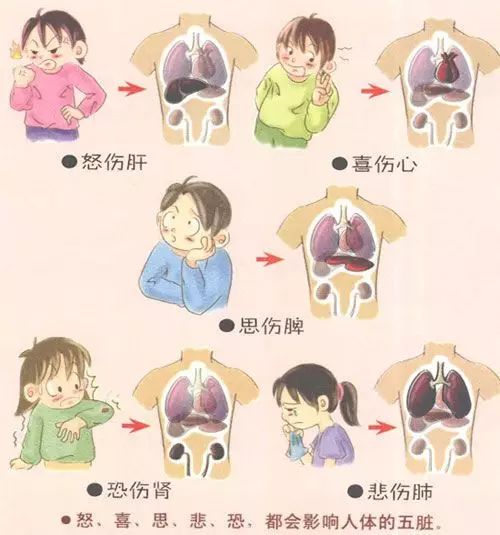



Taiji Luo Wanxiang


The seven emotions (七情, qī qíng) are the responses of human consciousness to external stimuli. In Traditional Chinese Medicine (TCM), appropriately expressing emotions is beneficial for health, but repression or excessive expression can harm the body. To address emotional issues, one must cultivate the heart and mind, gradually becoming aware and managing emotions, and nurturing oneself.In TCM, emotions are categorized into joy, anger, worry, contemplation, sadness, fear, and shock, with corresponding relationships to the five organs:Excessive joy harms the heart, excessive anger harms the liver, excessive contemplation harms the spleen, excessive sadness harms the lungs, and excessive fear harms the kidneys.A normal person experiences slight happiness, anger, sadness, and fear in daily life without harming their health. It is only when these emotions become excessive that they affect the body.Emotional fluctuations can influence the flow of Yang Qi (阳气, yáng qì) within the body, with different emotional states affecting its trajectory. The Huangdi Neijing summarizes this as: anger causes Qi to rise, joy causes Qi to slow, fear causes Qi to descend, shock causes Qi to become chaotic, sadness causes Qi to dissipate, worry causes Qi to gather, and contemplation causes Qi to stagnate.

When one is angry, Yang Qi rises, which is why some people turn red in the face during heated arguments; the Yang Qi pushes blood upward, causing a sudden rush of blood to the face.There is an interesting term in ancient China: “anger raises the hair” (怒发冲冠, nù fà chōng guān). This phrase suggests that when a person is angry, the excess blood rushes to the head, causing the hair to stand up, which can even lift a hat. While this is an exaggerated expression, it reflects the common understanding of TCM in ancient society.Extreme anger can lead to acute illnesses such as stroke and cerebral hemorrhage.When blood Qi rushes to the head, blood vessels that are already congested can easily rupture, leading to cerebral hemorrhage. Additionally, if blood Qi suddenly rushes upward, individuals who are already weak may faint, as the Yin and Yang Qi cannot connect smoothly, allowing cold pathogens to enter and resulting in paralysis.Many elderly individuals on television have died from anger caused by family disputes, which has some truth to it. During severe illness, the body is very weak, and the last bit of Yang Qi resides in the kidneys. If a family member provokes anger, the elderly person may experience a surge of Yang Qi, leading to a phenomenon known as “returning light” (回光返照, huí guāng fǎn zhào), where the last bit of true Yang Qi rises to the surface, causing a flush in the face before the Yang Qi dissipates, resulting in death.Therefore, when patients are very weak or after surgery, it is important to avoid saying anything that might provoke strong emotions.

In daily life, anger can harm the liver and gallbladder,especially for those who suppress their anger, as it can easily lead to liver Qi stagnation.The emotion of anger actually consists of two processes:The first stage is liver Qi stagnation.When one becomes angry about something, the body reacts strongly, causing liver Qi to stagnate immediately.The second stage is the release of that anger.When the liver detects that its meridians are blocked, it attempts to push through the stagnation, causing Qi to surge upward, while the person’s emotions are expressed through words, facial expressions, and actions.Those who suppress their anger remain stuck in the first stage, unable to release the pent-up Qi. If liver Qi stagnation occurs occasionally, it is not a major issue, as the body can self-regulate. During sleep, the body can naturally eliminate some negative emotions, and pent-up Qi may be released through bodily functions, such as flatulence. For example, some people may feel very depressed but after a good sleep or by massaging certain acupoints, they may release gas and feel much better.Although the body has a self-cleansing ability, if one frequently suppresses anger, the ability to cleanse may not be sufficient, leading to increasingly severe liver Qi stagnation, resulting in symptoms such as chest and rib fullness, loss of appetite, nausea, and bitter dry mouth. This occurs becauseliver Qi is not smooth, and gallbladder Qi is reversed.Moreover, liver and gallbladder issues often come with gastrointestinal symptoms, as the liver and gallbladder are associated with wood, while the gastrointestinal tract is associated with earth; wood overcomes earth. Therefore, some people experience bloating and diarrhea when angry, indicating liver and gallbladder problems. By soothing liver Qi, these symptoms can be alleviated. Many chronic stomach issues are also related to liver and gallbladder problems, which is why TCM often incorporates liver-soothing herbs when treating stomach conditions, leading to quicker recovery for patients.

Gentle joy is very beneficial for the body.The Huangdi Neijing states: “Joy harmonizes Qi and allows the spirit to flourish, thus Qi flows smoothly.” When a person feels joy, the Yang Qi flows freely throughout the body, and previously stagnant areas become unblocked, allowing the accumulated gloom to dissipate, resulting in a smooth flow of Yang Qi.It is important to note that the TCM concept of “smooth” does not mean slow; rather, it refers to a state of unhurriedness.Once Yang Qi flows smoothly, it can better nourish the skin, which is why there is a saying, “A smile can take ten years off your age.” Those who maintain a sense of joy not only stay healthy but also appear younger. Some may argue that those who laugh often develop many wrinkles, but this is not the case. Wrinkles form when muscles relax and Yang Qi is insufficient to reach the face, preventing the transport of blood and moisture. Over time, without the nourishment of blood and moisture, the skin becomes dry and wrinkles appear. For example, children who laugh frequently do not develop wrinkles because they have abundant Yang Qi.However, excessive joy can harm the heart.For instance, some people faint from excessive joy upon hearing they have won the lottery. Any extreme emotion can harm the body. Excessive joy can cause Qi to become sluggish; have you ever noticed that after a hearty laugh or a moment of great joy, you feel less motivated to do anything? This is a state of lethargy that occurs when Qi slows down.


Some people turn pale after being frightened because the blood and Qi in the face descend. Others may experience incontinence due to fear, as Yang Qi descends, and if the Yang Qi is weak, it cannot hold the urinary and anal sphincters, leading to involuntary expulsion. This is more common in the elderly, as they often have weak Yang Qi.The kidneys are responsible for storing essence (精气, jīng qì) to support bodily development, bone marrow formation, and reproductive functions. However, when a person experiences excessive fear, Yang Qi descends, leading to incontinence, and the essence in the kidneys may also be expelled with the urine and feces, resulting in a depletion of kidney essence. In extreme cases, individuals may die from shock.It is a misconception that only sudden fright can harm the kidneys; prolonged exposure to fear can gradually deplete kidney essence, leading to a pale complexion and lack of vitality. This occurs because fear causes Qi to descend, preventing blood and Qi from reaching the face, and the gradual loss of essence results in a lack of energy, leading to lethargy.


Some sadness is not fleeting; it can last a long time, such as after a breakup or the death of a loved one. As mentioned earlier,sadness causes Qi to dissipate; when a person is in a state of sadness, their Qi will dissipate.Prolonged sadness, especially when one is deeply grieving, can easily lead to Yang deficiency, weakening the body’s resistance. Some individuals who are already weak may faint from crying too much. Patients who remain in a state of prolonged sadness find it difficult to recover, as their Yang Qi is continuously depleted by this emotion.When Yang Qi does not return, illness is hard to heal.Sadness can also harm the lungs, as the Qi of the lungs tightens during sadness, preventing the expulsion of turbid air and phlegm. Over time, this leads to an accumulation of waste gases and tightness in lung Qi, resulting in lung disease. Many ancient stories recount individuals who died from excessive grief over the loss of a spouse or parent, as their Yang Qi was depleted, and evil Qi accumulated, leading to fatal illnesses.


When a person overthinks, Qi becomes stagnant, as all attention is focused on the thoughts at hand, causing Yang Qi to concentrate in the brain. Over time, this leads to a buildup of Yang Qi in the brain.Stagnation of Yang Qi in the brain can lead to insomnia.Many people experience this; when they think too much for an extended period, their minds become restless at night, leading to difficulty sleeping. Even if they do fall asleep, they may have restless dreams due to the stagnation of Yang Qi in the brain, preventing the heart and spirit from descending to the kidney water.When a person is deep in thought, the digestive function of the spleen and stomach is diminished, as Yang Qi is concentrated in the brain. The spleen and stomach, working in a low-energy environment for an extended period, deplete their own essence.Thus, many individuals who frequently think or are forced to think deeply often have poor spleen and stomach health.Consider the intense study periods during high school; many experienced a decline in digestive function, sometimes even losing their appetite or feeling weak.Since the spleen and stomach are the source of postnatal Qi, they digest food to generate the Qi that supports mental and daily activities. A significant portion of Yang Qi is derived from the transformation of the spleen and stomach. Additionally, the spleen and stomach categorize the essence of food according to the nutritional needs of various organs.Therefore, individuals with long-term poor spleen and stomach function often appear pale and thin, easily fatigued, and frequently ill, not only due to Yang Qi deficiency but also because of the lack of nourishment to the five organs. It is essential to balance work and rest, limiting the time spent on deep thinking, taking breaks to relax, and not fixating on a single problem, as this can be harmful to the body.


Shock and fear are often related, but shock primarily disturbs the spirit, causing unease, while fear is more about dread. Sudden fright can lead to a disordered mind, making it difficult to think clearly, resulting in chaotic Qi flow. When checking their pulse, one may find it erratic, reflecting a disordered state of mind.Frequent chaotic Qi flow can easily lead to blood stasisand prevent Yang Qi from properly protecting the body. It is worth noting that children are particularly susceptible to fright; after being scared, they may cry at night or appear panicked, indicating that their spirit is disturbed and cannot settle. A small amount of Fu Shen powder (茯神粉, fú shén fěn) can be given to them.


The last emotion is worry,worry arises when the mind cannot balance with reality.Worry is the fear of bad things happening, while contemplation is the hope for good things to occur; both reflect a contradiction of the mind focused on the future, which has not yet arrived. Our hearts can only deal with the present; if we dwell on the future or distant matters, the mind becomes overwhelmed, leading to worry.During worry, Qi tends to gather; instead of spreading to protect the body, it becomes concentrated, leading to Yang deficiency on the surface, making one susceptible to illness. Prolonged worry can also lead to liver Qi stagnation, negatively impacting both the liver and spleen. In discussing how emotions can lead to illness, the aim is to remind everyone not to experience extreme joy, anger, fear, or sadness, as these can be detrimental to health. While external treatments and medications can address illnesses caused by emotional disturbances,the root cause must be addressed through emotional regulation, gradually becoming aware and managing emotions, and nurturing oneself!
In discussing how emotions can lead to illness, the aim is to remind everyone not to experience extreme joy, anger, fear, or sadness, as these can be detrimental to health. While external treatments and medications can address illnesses caused by emotional disturbances,the root cause must be addressed through emotional regulation, gradually becoming aware and managing emotions, and nurturing oneself!
Feel free to share, the merit is boundless
A heart that is open can embrace all, without allowing a single stray thought to arise.
——【Elegant Phrase】
Let wisdom and compassion never cease!
